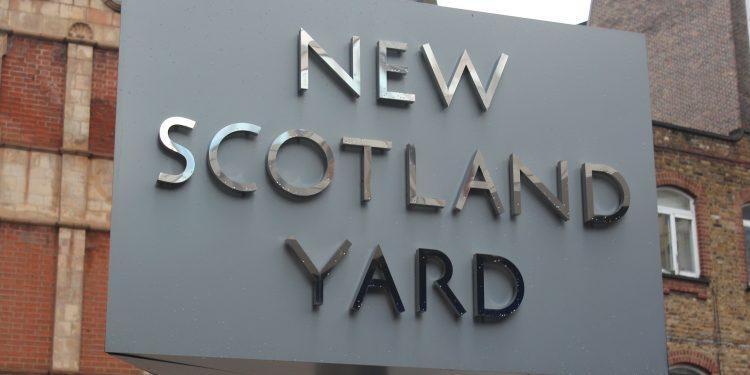Britain’s most senior counter-terrorism officer, Metropolitan Police Assistant Commissioner Matt Jukes, has reported an unprecedented rise in the threat from terrorism following the recent conflict in Gaza. Jukes noted a 25% increase in intelligence reports, indicating a surge in potential terrorism and violent extremism activities.
This increase in intelligence comes from various sources, including online reports, public tips, and information from MI5. Jukes, who has served as the head of specialist operations at Scotland Yard for the past two years, highlighted that Islamist extremists have been particularly energized by the conflict.
Describing the current global situation as unstable and dangerous, Jukes remarked on the rapid and significant impact of global events on the UK, especially in its diverse city communities. The fear, anxiety, and uncertainty arising from these events have led to significant reactions among UK communities.
The UK has witnessed 33 arrests for terrorism offenses since the Hamas attacks on Israel on October 7, with the majority related to protests and social media activities. While seven people have been charged, others remain on bail or under investigation.
The anti-terrorism hotline has seen a surge in calls, doubling in the two weeks following the initial attack. The counter-terrorism internet referral unit has received over 3,000 referrals for objectionable material, with 700 identified as having links to the UK and potentially breaching legislation.
Jukes expressed concern about the involvement of children as young as 11 in troubling online conversations related to the conflict. He emphasized the extraordinary nature and intensity of online rhetoric, describing the current period as a “radicalisation moment”.
In response to these challenges, Scotland Yard has opened a unit to deal with hostile state actors, focusing on threats from Iran, Russia, and China. Additionally, there has been a notable increase in arrests under the Official Secrets Act, half of which occurred in 2023, marking it as the most acute period since the Cold War.
Defence Secretary Grant Shapps has echoed these concerns, warning of potential wars involving China, Russia, North Korea, and Iran in the coming years. The UK’s military readiness and investment in armed forces are being scrutinized in light of these escalating global tensions.



























